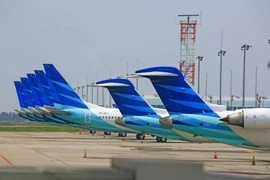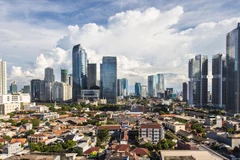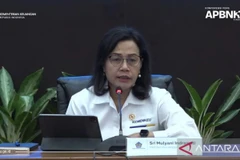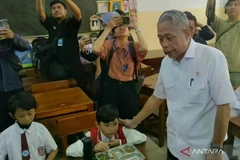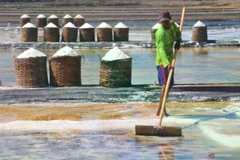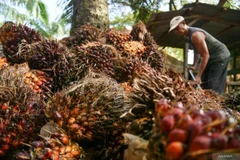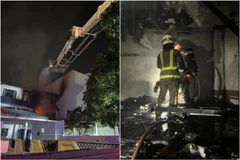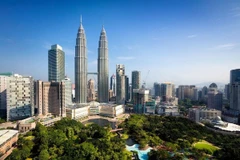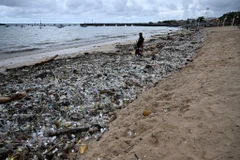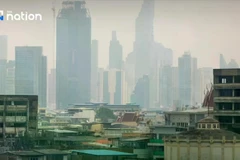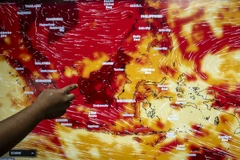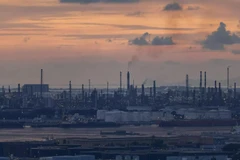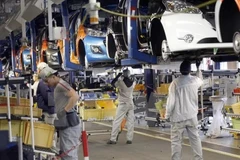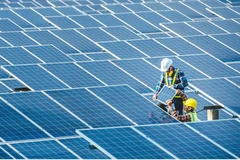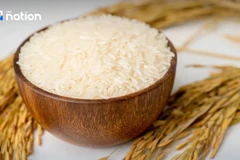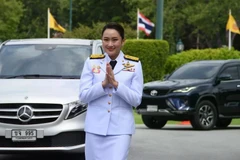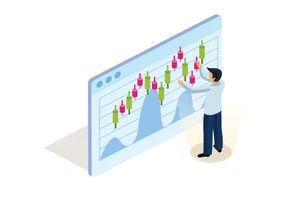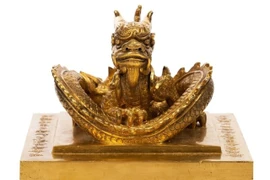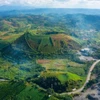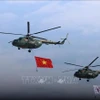Jakarta (VNA) - Indonesian President Prabowo Subianto has allocated 4.7 trillion IDR (around 303.2 million USD) for the Free Health Check-up Programme, which will target 60 million Indonesians this year.
This was conveyed by spokesperson for the Presidential Communications Office Dedek Prayudi in a statement issued in Bogor, West Java, on January 3.
The President's perspective on health is not only to treat sick people. Promotive and preventive efforts are much more important than curative efforts, he said.
President Prabowo has emphasised the importance of disease prevention and free health check-ups to reduce deaths from cardiovascular and other non-communicable diseases, he noted.
According to 2023 Socio-Economic Registration (Regsosek) data, non-communicable diseases are the chief cause of mortality in Indonesia.
Deaths due to cardiovascular diseases in the country have reached more than 600,000 per year.
The Free Health Check-up Program will be implemented in stages from this year.
Over the next five years, it is expected that 200 million people will benefit from the programme./.

